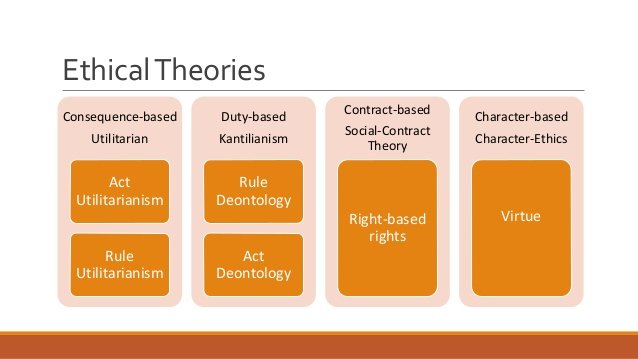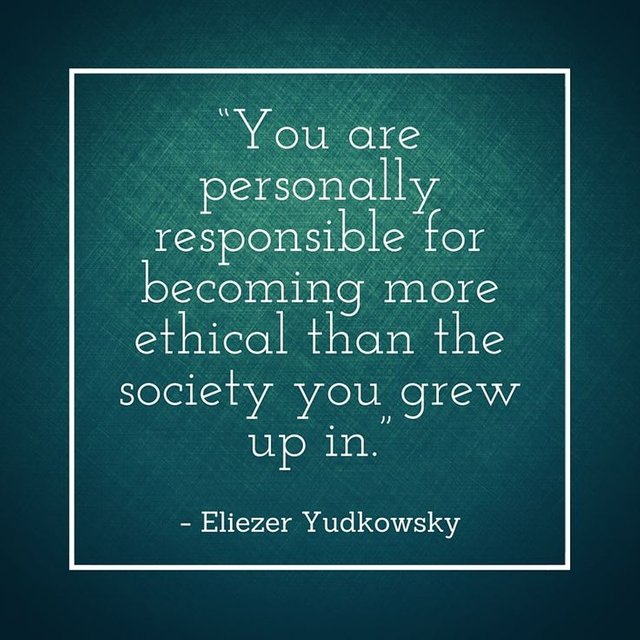The standpoint of ethical theory can be called on many different purposes, from reasons to justice

Image Source
There are numerous styles of critique, and the most powerful of them depend less on philosophical arguments but rather more on showing up those demeanors as resting on myths, lies about what individuals resemble. Indeed, even among the reactions that include all the more particularly philosophical argument, not every one of them are in prompt concern.
Some of these patterns of argument serve in a local design, to draw out the outcomes of ethical positions or to convict them of ambiguity. They are instruments of ethical argument.
What is an ethical theory?
The most accommodating utilization of that articulation can best be gotten by a fairly complex definition. An ethical theory is a theoretical account of what ethical thought and practice are, which account either suggests a general test for the rightness of fundamental ethical convictions and standards or else infers that there can't be such a test.
It is the first sort of ethical theory, the positive kind, that is of worry here. First, let us say something in regards to the negative sort of ethical theory, and about the point of putting the definition in this unconventional way.

Image Source
It doesn't make much difference how the articulation ethical theory is utilized, insofar as one's utilization is clarified. There is a reason, however, to use it in the path proposed by this definition, and it includes a huge philosophical point. 20 years ago, it was standard practice to recognize ethical from meta-ethical theories.
The first made substantive claims about what one ought to do, how one should live, what was advantageous, et cetera. The second fretted about the status of those cases: regardless of whether they could be knowledge, how they could be approved, whether they were goal, et cetera.
The possibility that lay behind the refinement was, normally enough, that the two kinds could be dismantled and that a theory of the meta-ethical sort would not, all things considered, have ethical ramifications. It is critical to isolate this proposed qualification from two different thoughts that have frequently been related with it.

Image Source
One is that the meta-ethical investigation ought to be linguistic, an investigation into the terms utilized as a part of ethical talk. This includes an extra view, about the nature of philosophy — one that has not been extremely productive in moral philosophy.
In spite of the fact that the qualification can be isolated from this thought, the linguistic formulation most likely energized it, on account of a general suspicion that it must be conceivable to recognize the methods a dialect accommodates saying things and the specific things that happen to be said in it.
This supposition was generally set aside a few minutes and issued in different qualifications, for example, that amongst expository and manufactured, which are currently likewise respected with less support. In any case, regardless of whether the distractions of linguistic philosophy empowered the refinement between the ethical and the meta-ethical, that qualification isn't focused on a linguistic formulation.

Image Source
References:
https://www.utm.edu/staff/jfieser/class/160/1-ethical-theory.htm
http://www.dsef.org/wp-content/uploads/2012/07/EthicalTheories.pdf
Ethical theory and justices are among those things one should know. Nice post @juvyjabian
Downvoting a post can decrease pending rewards and make it less visible. Common reasons:
Submit
is there a way to test the effectiveness of such approach?
Downvoting a post can decrease pending rewards and make it less visible. Common reasons:
Submit
Awesome
Downvoting a post can decrease pending rewards and make it less visible. Common reasons:
Submit